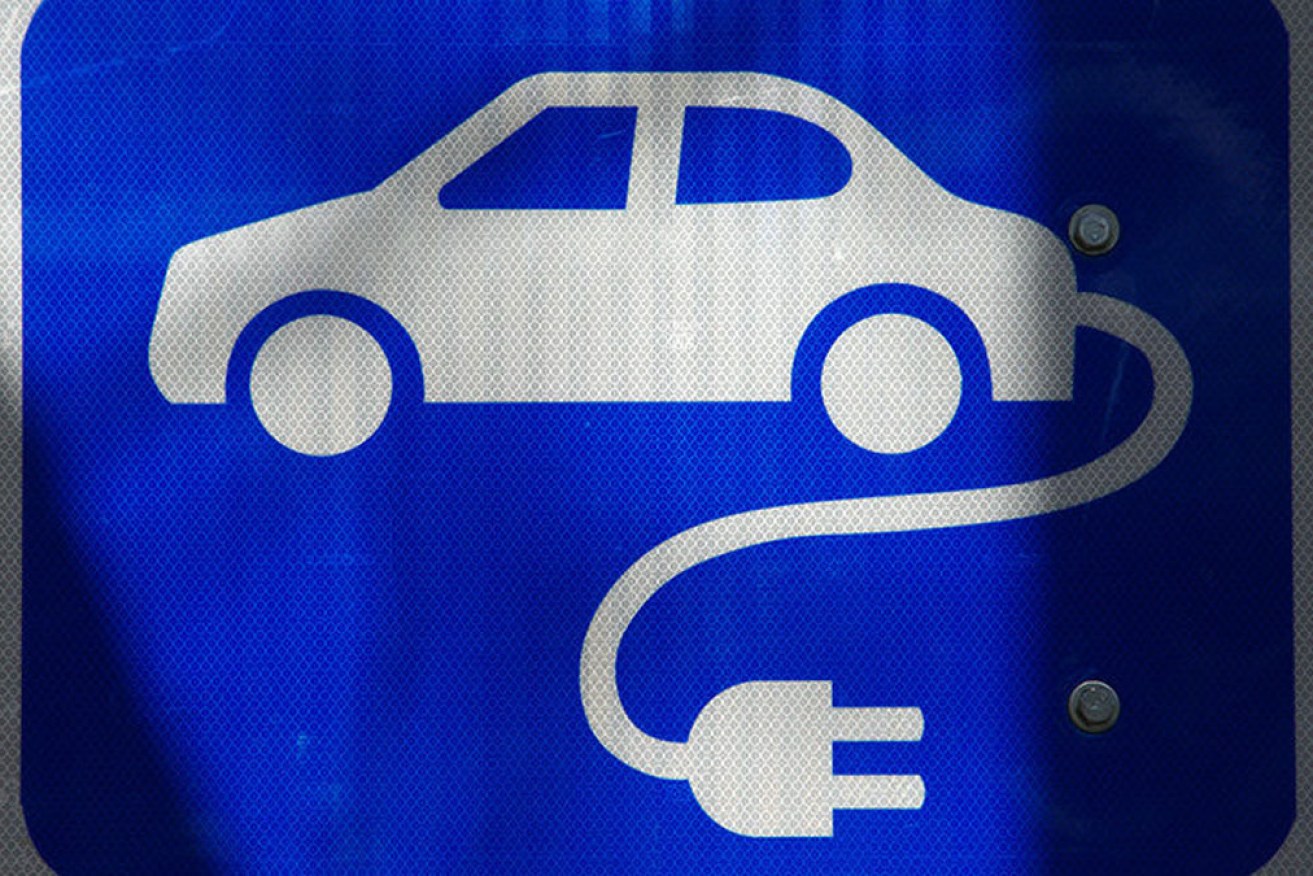Environmental and auto groups join forces to fight Victoria’s tax on EVs


A group of 25 companies and organisations has penned an open letter attacking the Victorian government's tax on EVs.
Major car manufacturers and environmental groups have penned an open letter urging the Victorian government not to introduce the “worst electric vehicle policy in the world”.
The 25 companies and organisations, which include Hyundai, Volkswagen, Uber, JET Charge, the Electric Vehicle Council, and The Australia Institute, argue the Victorian government is about to become the first jurisdiction in the world to implement a targeted tax on EVs without introducing significant incentives to balance out such policies.
They describe the proposed road-user charge as the “only stand-alone electric vehicle tax in the world” and say it will slam the handbrake on the transition to cleaner cars.
“Most industrialised countries are prioritising incentives for electric vehicles to benefit from cleaner air and new jobs from a growing industry,” says the open letter, which will appear in a full-page advertisement in The Age on Wednesday.
“This new tax means the world’s manufacturers are far less likely to send Victorians their best, most affordable, zero-emissions vehicles”.
Major disincentive

The full-page advertisement in The Age.
The proposed levy will initially charge electric vehicle owners 2.5 cents for every kilometre they travel on Australian roads, with the state government claiming owners could expect to pay an additional $330 a year for battery EVs, or an additional $260 a year for hybrids.
Victorian Treasurer Tim Pallas says the measure is crucial to ensuring electric vehicle owners contribute their fair share towards road maintenance given they pay no fuel excise tax.
Ignoring future rises in the cost of the charge, the levy would amount to an extra $2704 or $3432 over the total life of the car, based on the average age of vehicles in Australia (10.4 years).
Electric Vehicle Council CEO Behyad Jafari said the financial impost alone was enough to discourage Australians from buying electric cars, but was made worse by onerous reporting requirements.
“What they have said is you’ll have to keep a log book for five years in arrears, essentially, of how many kilometres you’ve travelled. And at the end of each year when you pay your registration you have to report [this],” Mr Jafari told The New Daily.
“Officers of the state” would then be able to conduct random checks of your log books to ensure they were in line with what you had reported and went back as far as five years, he said.
“Otherwise, you’ll face criminal prosecution.”
- Read: Toyota Australia confirms first battery electric car
- Read: Morrison govt under pressure to redo ‘misleading’ electric vehicle modelling
Limited range of models
Mr Jafari said the policy was the exact opposite of what governments should be doing to drive faster uptake of EVs in a country where less than 1 per cent of cars sold last year were electric – far below the global average of 4.2 per cent.
The lack of consumer incentives from state and Commonwealth governments is not only deterring Australians from buying EVs but also discouraging manufacturers from exporting their latest, most affordable models to Australia.
“That makes things much harder for Victorian families who want to buy and drive electric,” the open letter says.
Volkswagen, for example, sold more than 200,000 electric vehicles worldwide last year, but none of these were in Australia.
The company’s global head office would not sanction sending electric cars to sell in Australia because they have a stronger commercial advantage in countries that financially penalise pollution.
“Volkswagen does not ask for incentives to import zero-emission vehicles; rather, for the abandonment of such disincentives as this ill-conceived anomaly of a tax,” Volkswagen Group Australia managing director Michael Bartsch said of the Victorian government’s plans.
“Victoria is already massively behind comparable jurisdictions in the US, the UK, and across Europe in terms of electric car uptake. This tax will exacerbate the yawning gap,” Mr Jafari said.
“Far from being on track to achieving net-zero emissions by 2050, emissions from transport are rising in Victoria.
“This is the wrong time to tax zero-emissions vehicles.”
The Victorian Parliament is due to debate the proposed road-user charges on May 4.
If the bill is passed, the new charges will come into effect on July 1.








